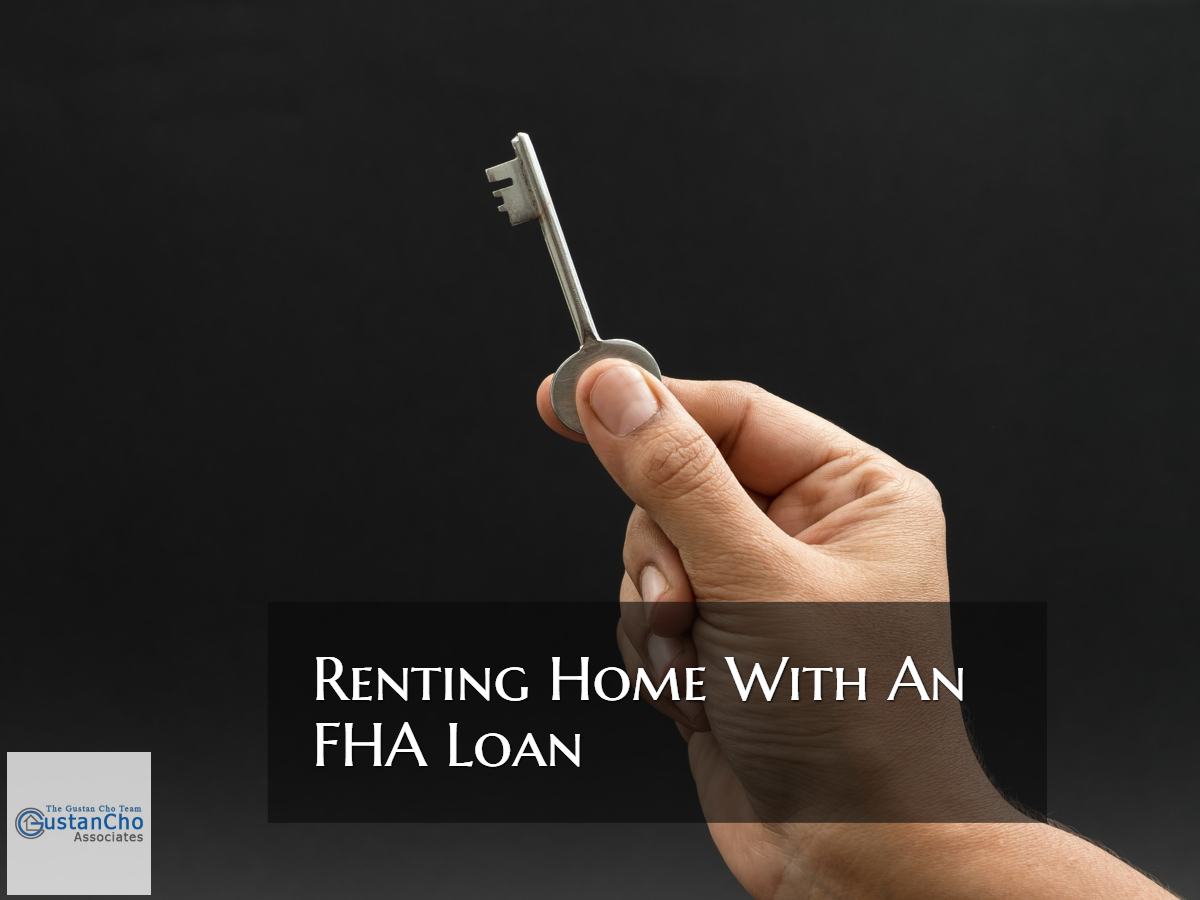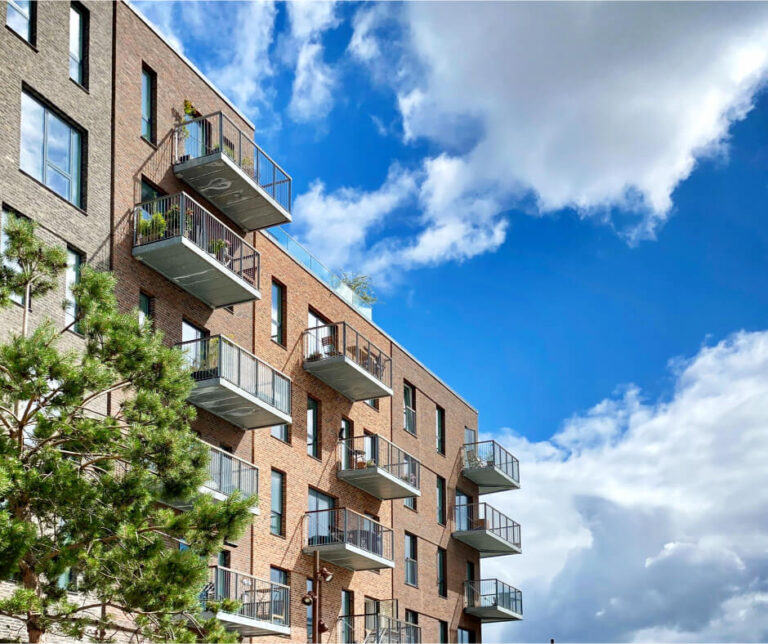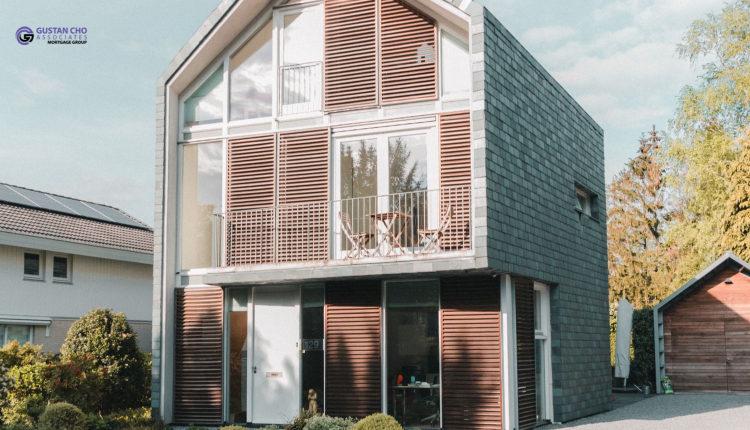Buying New Home and Renting Home With an FHA Loan
This blog will cover renting home with an FHA loan and qualifying for another mortgage loan. FHA loans are the most popular loan program in the Nation.
HUD, the parent of FHA, made agency mortgage guidelines on FHA loans lenient for homebuyers with bad credit or high debt-to-income ratios. HUD created and launched FHA loans to promote homeownership for first-time homebuyers with little down payment and lenient lending requirements.
FHA loans are for owner-occupant primary home borrowers only. Borrowers cannot purchase second homes or investment properties with an FHA loan. However, some homeowners have an owner-occupant FHA loan but then decide to rent out the home. Many of our viewers at FHA Bad Credit Lenders often ask if renting home with an FHA loan is allowed. This article will discuss renting home with an FHA loan and qualifying for another mortgage.
Renting Home With An FHA Loan Mortgage Guidelines
HUD, the parent of FHA, does not originate, process, underwrite, fund, or service mortgage loans. The function of the FHA is to insure home loans originated and funded by HUD-approved private lenders. If FHA borrowers default on their FHA mortgages, FHA will partially guarantee and insure the loss sustained by the lender.
The primary purpose for HUD promoting FHA loans is to promote homeownership for primary owner-occupant homebuyers with little down payment and lenient credit guidelines.
Due to the government guarantee, lenders aggressively offer FHA loans to first-time homebuyers and those with less-than-perfect credit. HUD, the parent of FHA, does not allow borrowers to use FHA loans for second homes or investment homes. Renting home with an FHA loan is only allowed if the home is an owner-occupant residence and the homeowner is departing the residence. The Federal Housing Administration requires homeowners with a current FHA loan to live in the home for at least one year before renting home with an FHA loan.
HUD Guidelines On FHA Mortgages
HUD, the parent of FHA, only allows FHA loans for homebuyers buying their primary homes. Second and investment homes are not eligible. HUD allows homebuyers to purchase a home with a 3.5% down payment with a minimum credit score requirement of 580 FICO. The FHA Bad Credit Lenders team are experts in helping homebuyers with bad credit and credit scores down to a 500 FICO.
Borrowers under 580 and down to 500 credit scores are eligible to qualify for FHA loans with a 10% down payment.
Such a small down payment is required to promote homeownership to lower-income buyers and buyers with less-than-perfect credit and help first-time homebuyers become homeowners. FHA is not offering FHA loans to help real estate investors expand their investment portfolio with such a low down payment. Once homebuyers close on their FHA loans, they have 60 days to move into their new home purchase. They need to live in their home purchase for at least 12 months before they can rent it out.
Consequences Of Renting Home With An FHA Loan
There are consequences with renting home with an FHA loan without following the rules. Renting home with an FHA loan is allowed if you follow the FHA Guidelines. FHA loans are for primary homes only and not for second or investment homes. This is what Dale Elenteny said about owner-occupant versus investment home mortgage loans:
If you intend not to occupy the property and rent a home with an FHA loan, then HUD and the lender can take action against you. The lender can call the home loan due in 60 or 90 days. This means you need to pay off the outstanding loan balance in full. If this was intentional, then mortgage fraud penalties may apply
The Federal Bureau Of Investigation is in charge of investigating occupancy fraud on mortgages. Mortgage fraud is a federal offense and a felony.
Buying Multi-Family Home With An FHA Loan
Homebuyers can purchase two to four-unit multi-family homes with a 3.5% down payment FHA loan. Any residentially zoned property up to four units are considered a single-family home and qualifies for FHA financing. However, the buyer must occupy one of the units as their primary residence.
After occupying the property for one year, the homeowner can purchase another home as an owner-occupant property and rent out the multi-family home. However, the deal needs to make sense.
A buyer cannot rent out the existing multi-family home, purchase another multi-unit property down the street, and consider the second home purchase an owner-occupant primary residence.
However, if the homeowner wants to purchase a larger home due to a growing family, getting married, and needing more space, the buyer can qualify for a single-family home with much more room. This will make sense. Homeowners with multi-family FHA loans can qualify for another FHA loan if they have a job transfer that is 100 miles away from their current FHA-financed home.
Extenuating Circumstances And Exceptions In Renting Home
There are exceptions to renting home with an FHA loan with not having lived in the property for at least 12 months. For example, if the homeowner gets a job transfer and needs to rent out the current home and move to another state, then renting home with an FHA loan with less than 12 months of seasoning is allowed. Angie Torres, the National Operations Director, said the following:
Homeowners need to move after closing on their FHA loans. As long as it was not intentional, FHA and the lender are very understanding and will not consider mortgage occupancy fraud.
If you bought a smaller home with a child on the way and need larger space, FHA and the lender will allow you to rent your current home with less than one year of seasoning and purchase a large one.








